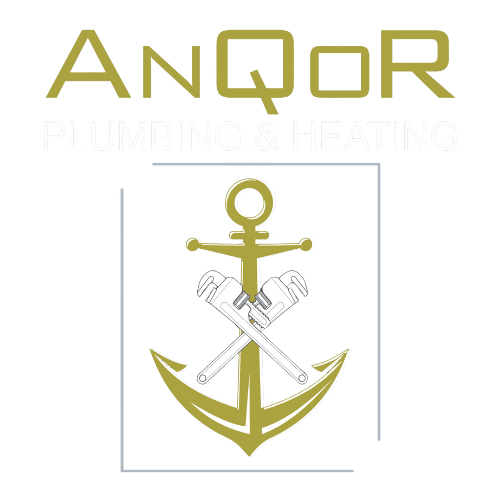
(516)723-9005
86 Forrest Ave, Glen Cove, NY 11542

Understanding Your Water Heater: A Guide to Types, Efficiency, and Replacement
Your water heater is a crucial appliance, silently providing the comfort of hot showers and clean dishes. But how much do you actually know about it? This blog post will break down the different types of water heaters, offer energy efficiency tips, and help you recognize when it’s time for a replacement.
Tankless vs. Tank: Choosing the Right Water Heater for Your Needs
The two main types of water heaters are tankless and tank. Each has its own advantages and disadvantages:
Tank Water Heaters:
- How they work: These heaters store a large volume of hot water in a tank, ready for use. When you turn on the hot water tap, the heated water is drawn from the tank.
- Pros: Lower upfront cost, readily available hot water, familiar technology.
- Cons: Limited supply of hot water (once the tank is empty, you have to wait for it to reheat), can be less energy-efficient due to standby heat loss (the water in the tank loses heat over time).
Tankless Water Heaters (On-Demand):
- How they work: Tankless heaters heat water only when you need it. They don’t store hot water; instead, they use a powerful burner to heat the water as it passes through the unit.
- Pros: Endless supply of hot water, more energy-efficient (no standby heat loss), smaller and more compact.
- Cons: Higher upfront cost, may require electrical upgrades, can have a slight delay in delivering hot water.
Which is right for you? Consider your household’s hot water needs, your budget, and the available space. Tankless heaters are great for smaller households or those who want on-demand hot water. Tank heaters are often a better fit for larger families with high hot water demands and tighter budgets.
Energy Efficiency Tips for Your Water Heater
Regardless of the type of water heater you have, there are several ways to improve its energy efficiency:
- Lower the thermostat: Most water heaters are set to 140°F, but 120°F is usually sufficient. Lowering the temperature can save energy and reduce the risk of scalding.
- Insulate the tank (for tank heaters): Insulating the tank can reduce standby heat loss, keeping the water hotter for longer and reducing the energy needed to reheat it. You can purchase a water heater blanket from most hardware stores.
- Flush the tank (for tank heaters): Sediment can build up in the tank over time, reducing its efficiency. Flushing the tank once a year can remove sediment and improve performance.
- Install low-flow fixtures: Low-flow showerheads and faucets can reduce water consumption, which in turn reduces the amount of hot water your heater needs to produce.
- Consider a heat pump water heater: These highly efficient units use heat from the air to heat water, significantly reducing energy consumption. They are more expensive upfront but can save a lot of money on energy bills over time.
Signs It’s Time for a Water Heater Replacement
Water heaters don’t last forever. Here are some signs it might be time for a replacement:
- Age: Most water heaters last between 8 and 12 years. If your heater is older than that, it’s probably nearing the end of its lifespan.
- Leaks: Leaks are a common sign of a failing water heater. If you see water leaking from the tank, it’s time for a replacement.
- Rust: Rust can also indicate a problem with your water heater. If you see rust on the tank or in the water, it’s time to have it checked by a professional.
- Strange noises: Unusual noises, such as banging or rumbling, can indicate a problem with the heater.
- Inconsistent water temperature: If your water is no longer getting as hot as it used to, or if the temperature fluctuates, it could be a sign of a failing heater.
- Higher energy bills: If your energy bills have been steadily increasing, it could be due to an inefficient water heater.
Don’t wait until your water heater completely fails before replacing it. Being proactive can save you from cold showers and costly emergency repairs. If you suspect a problem with your water heater, contact a qualified plumber for an inspection. They can assess the condition of your heater and recommend the best course of action.
Copyright 2025 © All Rights Reserved Design by Marketing Crew LLC
